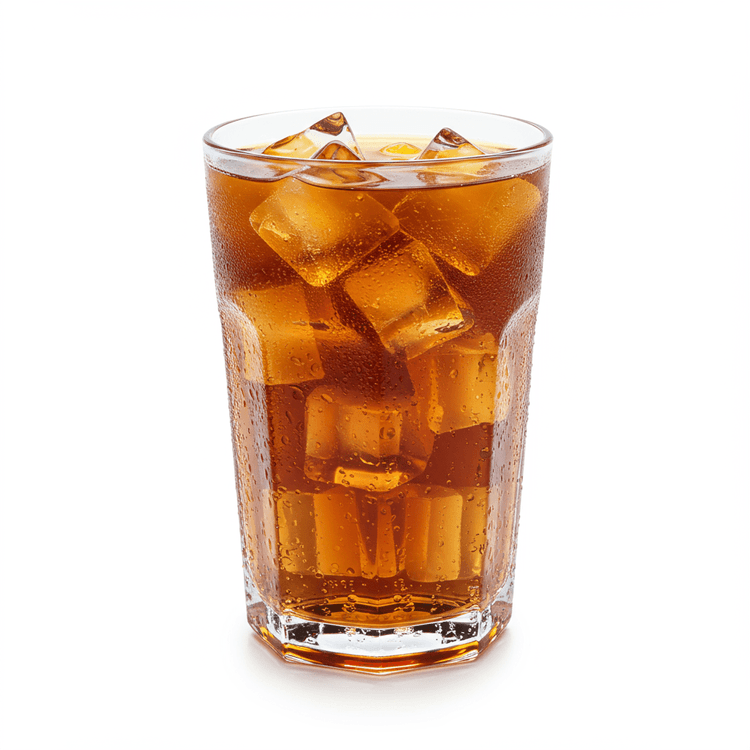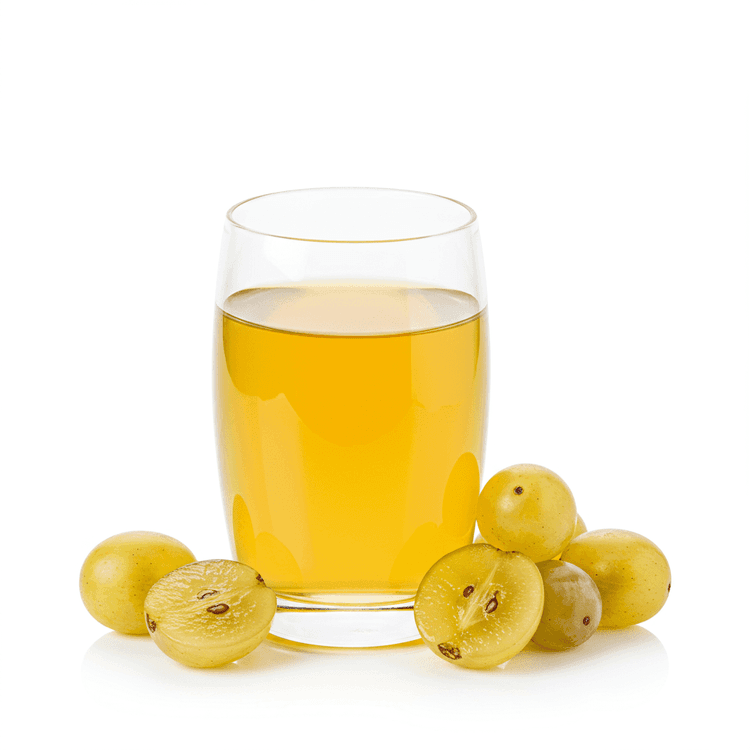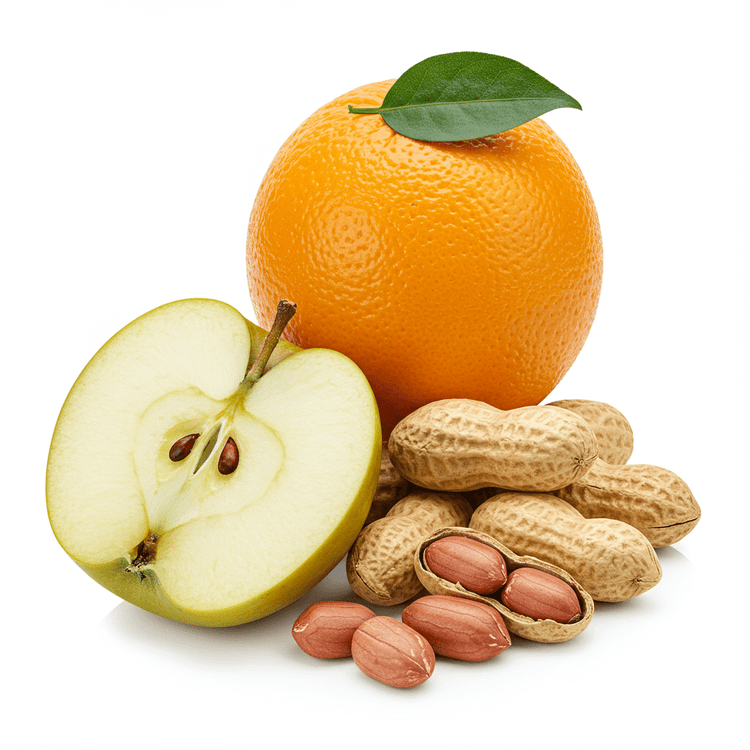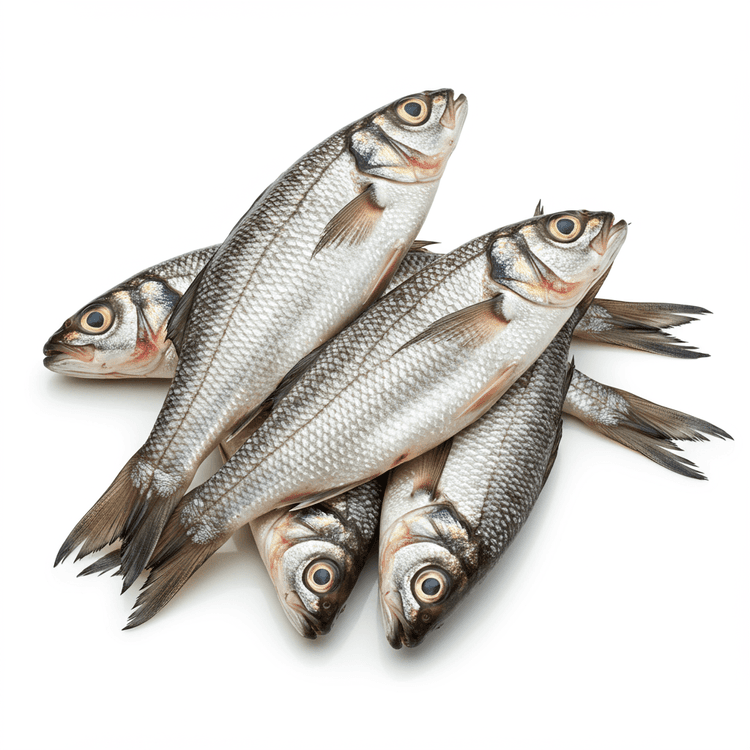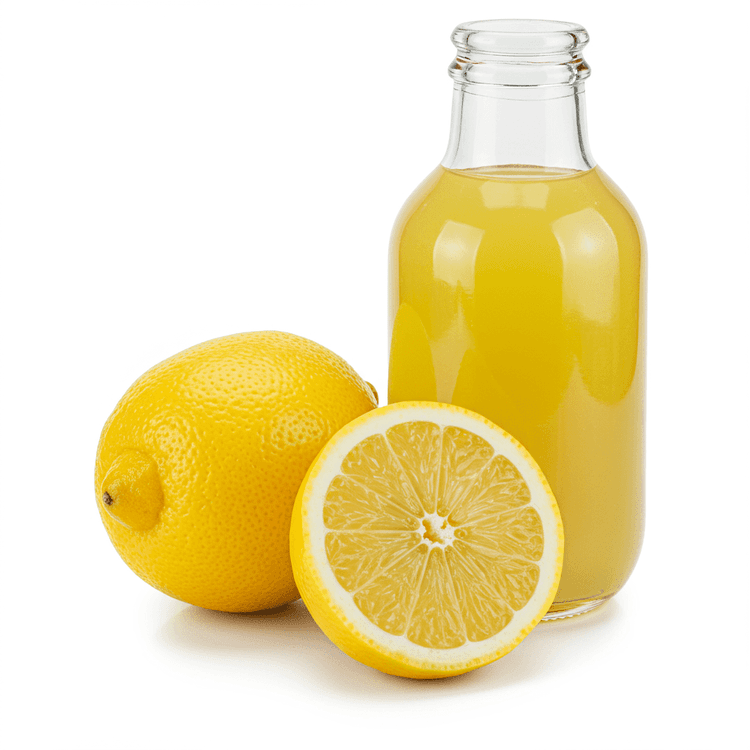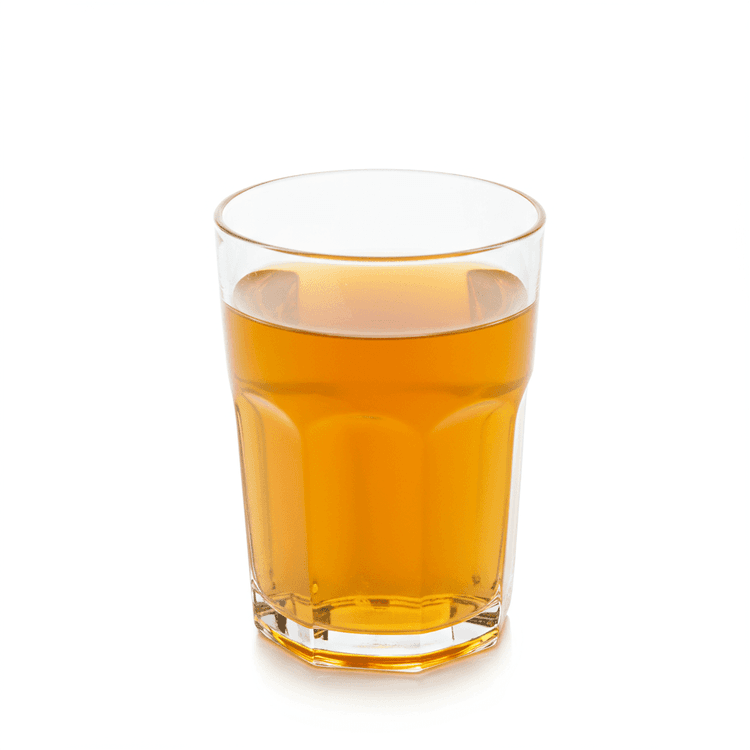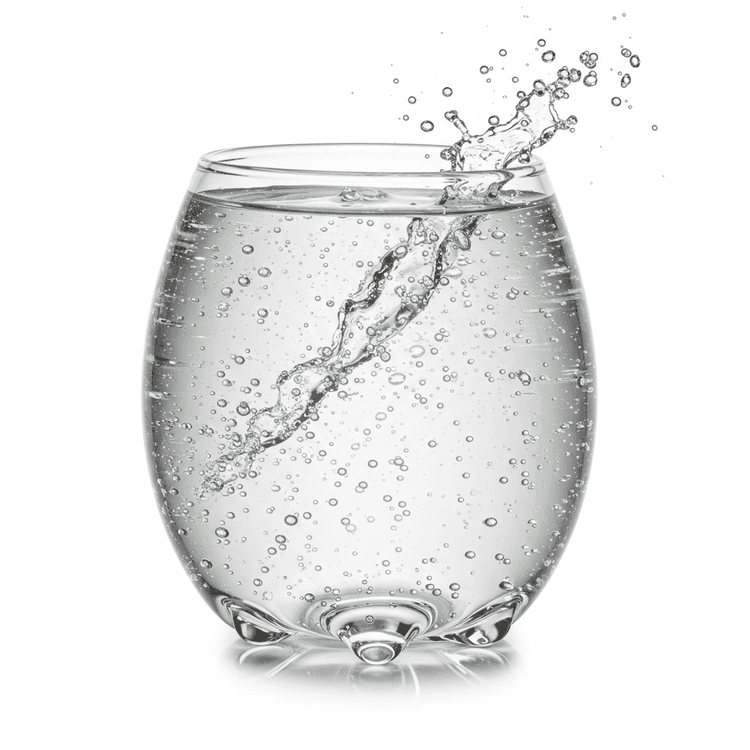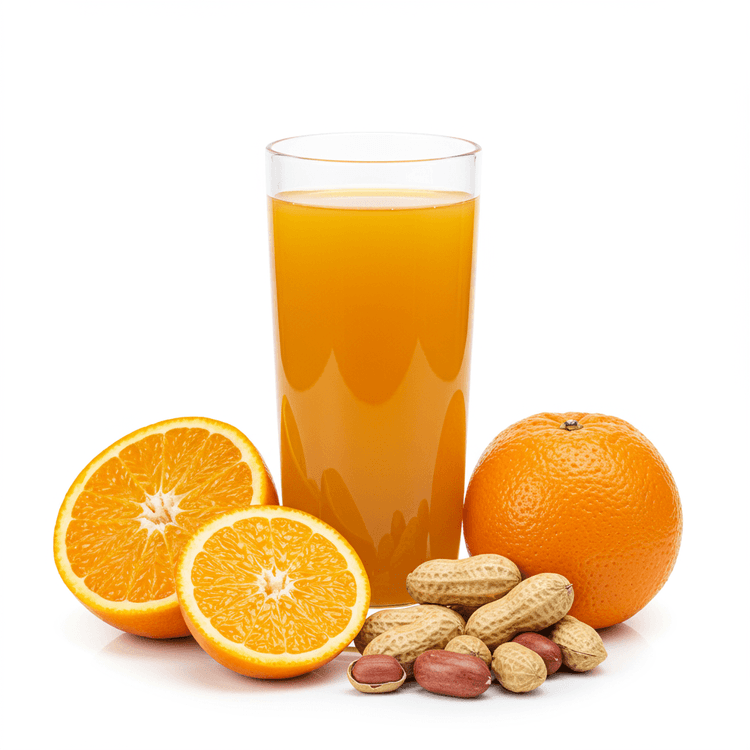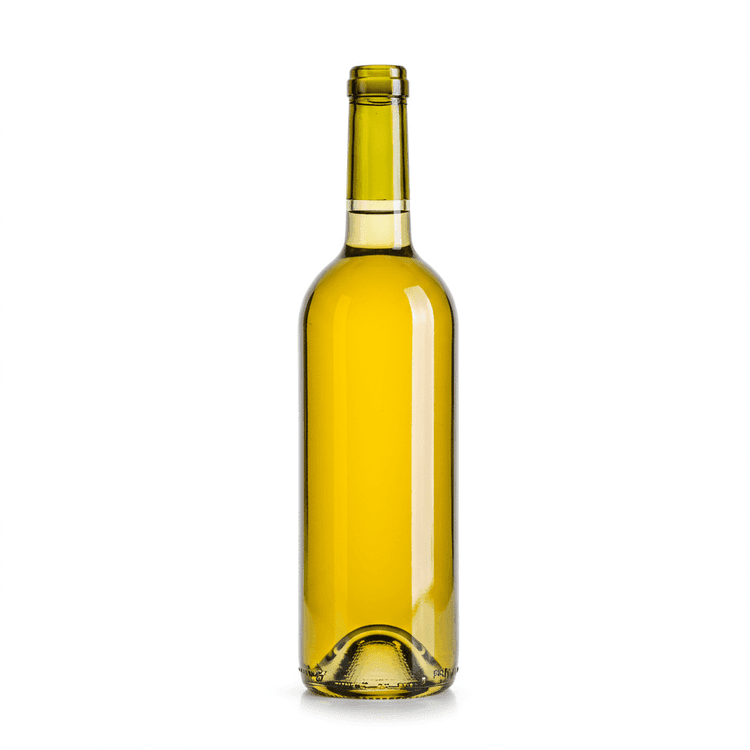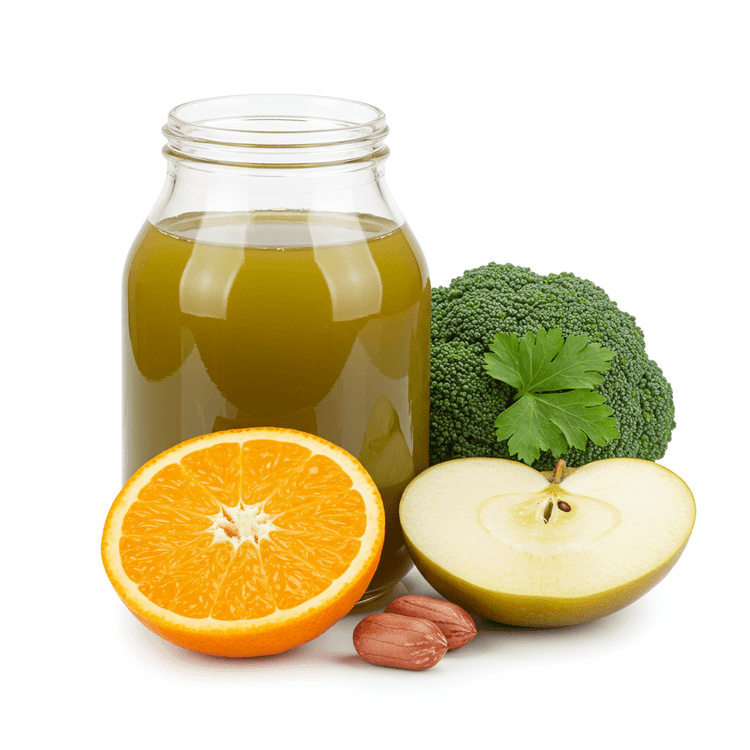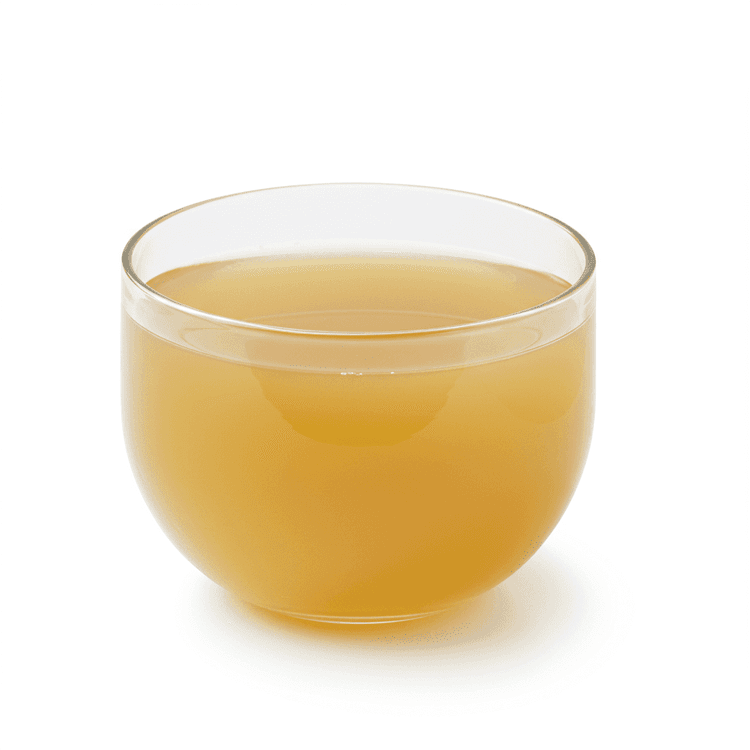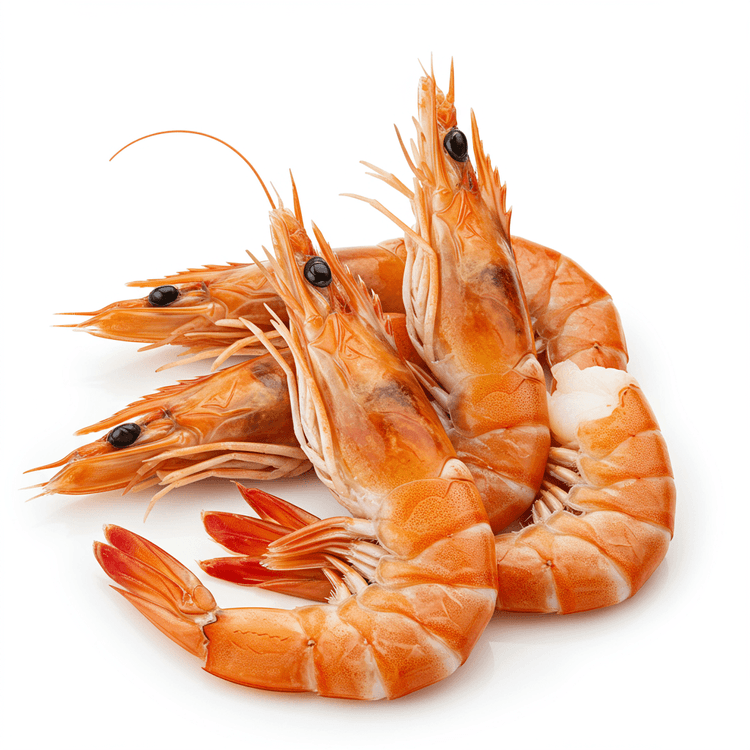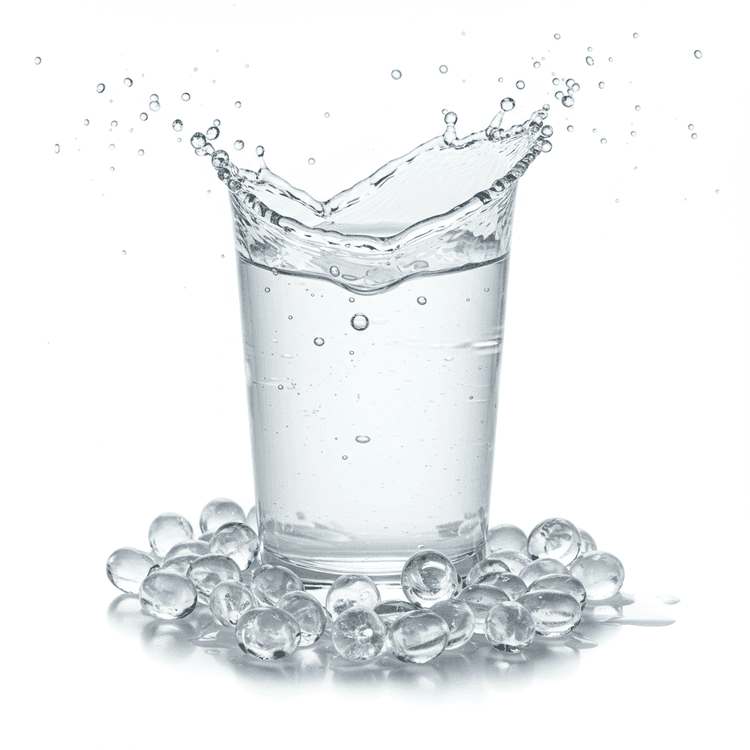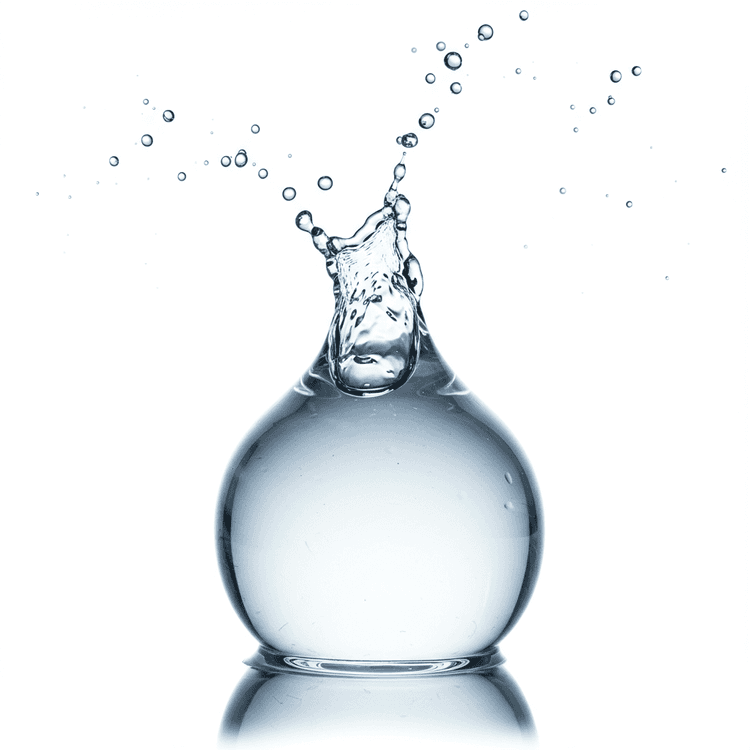
Water
Water, the essence of life, is a clear, odorless, and tasteless liquid essential for all forms of life and countless culinary applications. It's the most basic and fundamental ingredient, acting as a solvent, a cooking medium, and a crucial component in numerous dishes. Potable water, suitable for drinking and cooking, is free from harmful contaminants, ensuring safety and purity. Using filtered water for cooking helps maintain the true flavors of other ingredients, preventing any unwanted tastes or odors from affecting the final dish. Its versatility makes water indispensable in every kitchen.
Common Uses
- Water is essential for boiling vegetables, pasta, and grains, providing the necessary heat transfer for even cooking. Using enough water ensures ingredients are fully submerged for optimal texture and doneness.
- Water is used to create flavorful stocks and broths, extracting the essence from bones, vegetables, and herbs. Simmering these ingredients in water for extended periods results in a rich and aromatic base for soups and sauces.
- Water is vital for hydration, serving as the base for countless beverages such as tea, coffee, juice, and infused water. Adding fruits, herbs, or vegetables to water creates refreshing and flavorful drinks.
- Water is crucial for baking, activating yeast in doughs, and creating steam during the baking process. Steam helps bread develop a crispy crust and a soft interior.
- Water acts as a solvent in many sauces and dressings, helping to combine ingredients like vinegar, oil, and spices. Emulsifying these components with water creates a cohesive and flavorful blend.
- Water is used for poaching delicate foods like eggs and fish, gently cooking them in a controlled environment. The low and consistent heat ensures a tender and moist result.
Health Benefits
- Supports hydration, vital for bodily functions and overall health.
- Aids digestion and nutrient absorption, optimizing nutrient delivery.
- Helps regulate body temperature, maintaining homeostasis.
- Assists in waste removal, supporting detoxification processes.
- May improve cognitive function and mental clarity.
Substitutes
Chefadora AI is here.
Experience smarter, stress-free cooking.
Storage Tips
Water does not generally 'expire' in the way that food does, but it can pick up odors and tastes from its surroundings. Store water in clean, airtight containers away from direct sunlight and heat sources. For optimal taste, keep water refrigerated, especially after opening. Properly sealed, water can be stored indefinitely.
Marnirni-apinthi Building, Lot Fourteen,
North Terrace, Adelaide, South Australia, 5000
Australia

